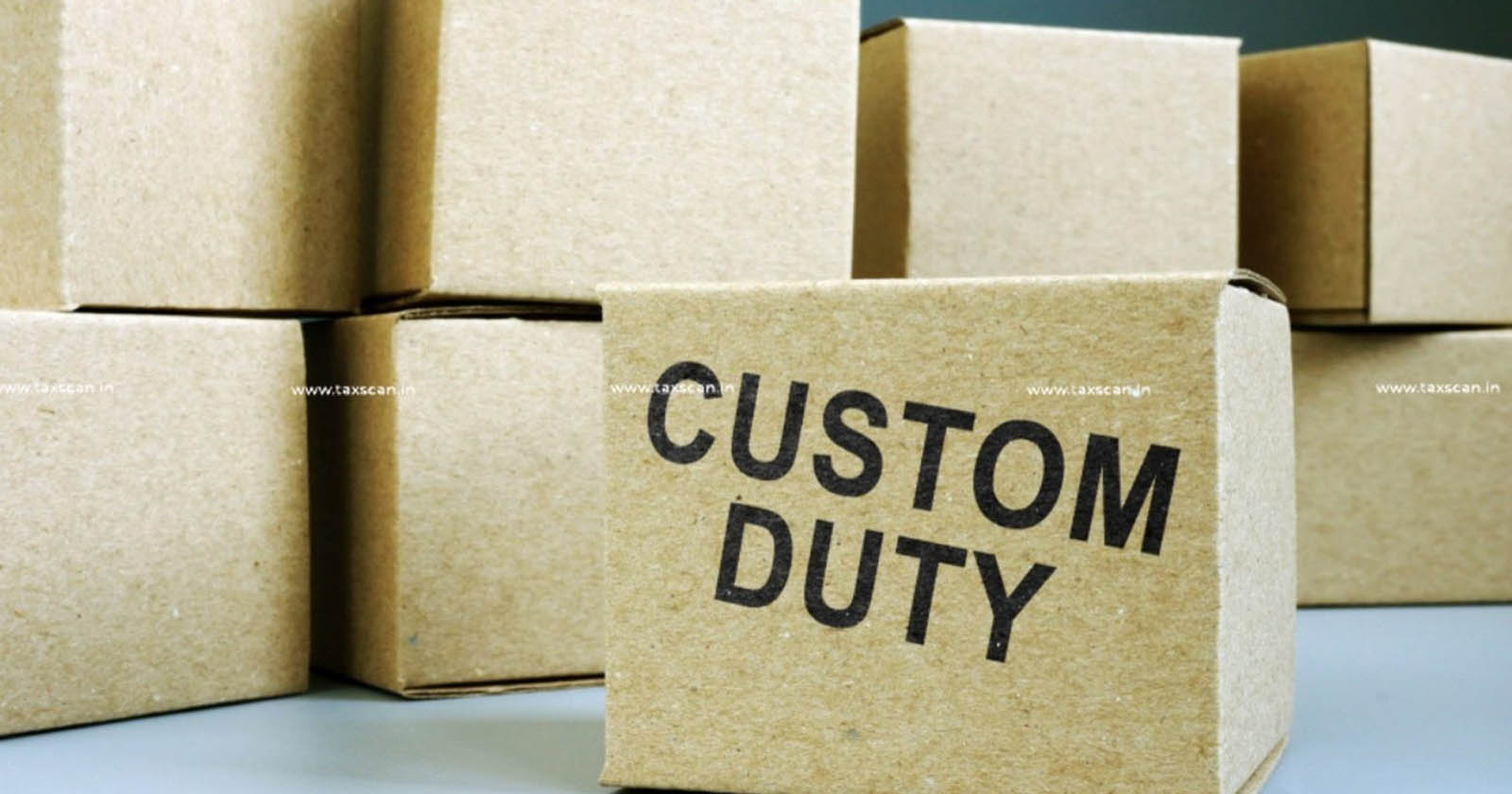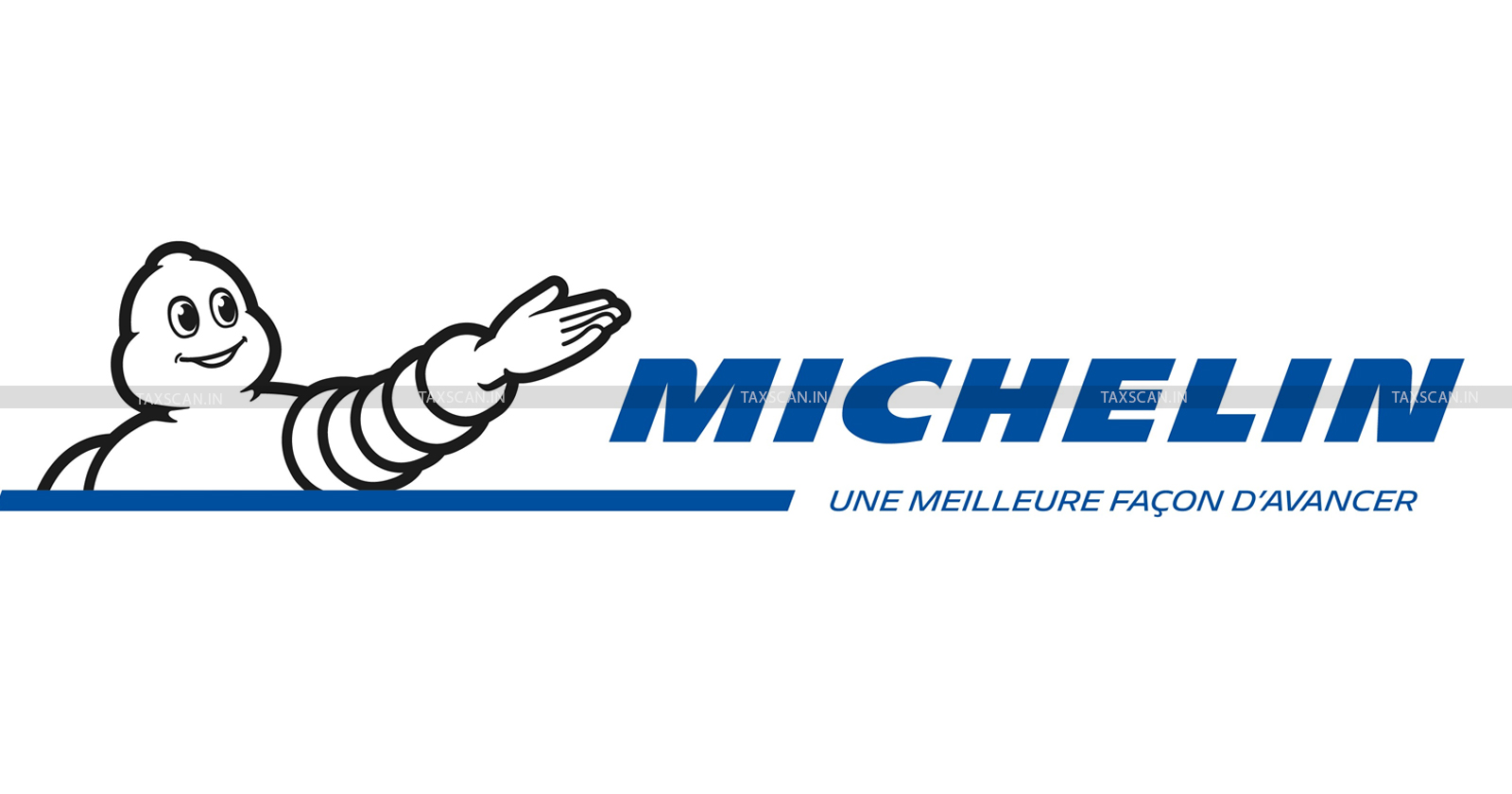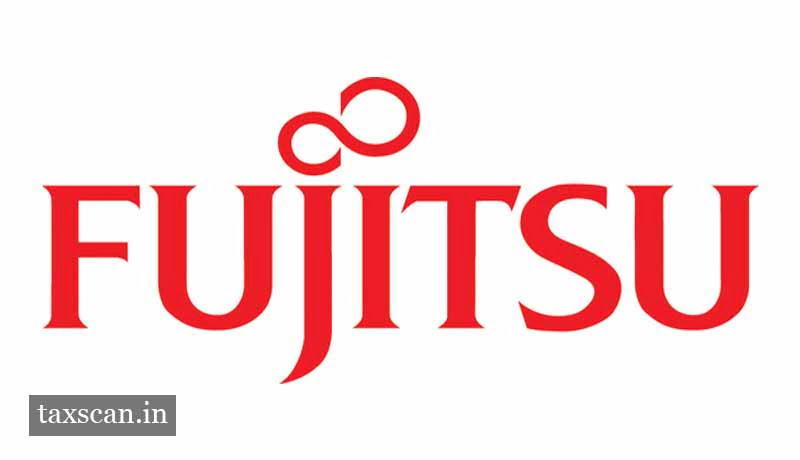Royalty on Net Sales for Manufacturing Know-How by Owens Corning Not Addable to Customs Value of Imports u/r 10(1)(c) of CVR: CESTAT [Read Order]
The tribunal observed that since the royalty was paid on the net sales of goods manufactured in India using licensed know-how, and not as a condition of sale of the imported goods, the same was not addable to the customs value
![Royalty on Net Sales for Manufacturing Know-How by Owens Corning Not Addable to Customs Value of Imports u/r 10(1)(c) of CVR: CESTAT [Read Order] Royalty on Net Sales for Manufacturing Know-How by Owens Corning Not Addable to Customs Value of Imports u/r 10(1)(c) of CVR: CESTAT [Read Order]](https://images.taxscan.in/h-upload/2025/06/16/2045127-cestat-cestat-chennai-royalty-taxscan.webp)
The Chennai Bench of the Customs, Excise and Service Tax Appellate Tribunal (CESTAT) held that the 4% royalty paid by Owens Corning Industries (India) Pvt. Ltd. on net sales of finished goods manufactured in India using licensed know-how is not includable in the customs value of imported goods under Rule 10(1)(c) of the Customs Valuation Rules, 2007 (CVR).
The appellant, Owens Corning Industries Pvt Ltd, previously known as OCV Reinforcements Manufacturing Ltd, is engaged in the business of manufacturing reinforcement glass fiber products and composite products.
Live Master Class on Customs Act and FTP, Register Now
 Also Read:Royalty not includable in Transaction Value of Imported Raw Materials to demand Differential Customs Duty: CESTAT [Read Order]
Also Read:Royalty not includable in Transaction Value of Imported Raw Materials to demand Differential Customs Duty: CESTAT [Read Order]
The appellant had entered into a Manufacturing License Agreement with its principal located in the United States, under which the appellant obtained the know-how to manufacture specified products in India and paid royalty at the rate of 4% on the net sales value of the products manufactured using such know-how.
The appellant in 2011 sought renewal of its Special Valuation Branch (SVB) order. The Deputy Commissioner (SVB) accepted the same, but directed inclusion of the 4% running royalty in the assessable value of the imported goods.
 Also Read:No Justification for Inclusion of Royalty and Technical know-how in Assessable value of Imported products: CESTAT [Read Order]
Also Read:No Justification for Inclusion of Royalty and Technical know-how in Assessable value of Imported products: CESTAT [Read Order]
This order was upheld by the Commissioner of Customs (Appeals). Aggrieved by the said order, the appellant filed an appeal before the tribunal.
In the subsequent year, the appellant once again sought renewal of the SVB order, and authorities reiterated their direction to include running royalty in the assessable value, a decision upheld on appeal and later taken up before CESTAT.
Both appeals before CESTAT were heard together, as they raised the same legal issue.
The appellant contended that in terms of Rule 10(1)(c) of the CVR, there are two conditions to be satisfied if Royalty amount is to be added in order to determine the cost of the value of imported goods. The first condition being that the Royalty/license fee should be related to the imported goods; second, such payment should be a condition of sale of goods.
It was further submitted that the royalty paid under the Manufacturing License Agreement was not related to imported goods, but to the net sales value of goods manufactured in India, and was for obtaining the know-how to manufacture finished products in India.
Become a Govt. Certified PF & ESI Practitioner, Register Now
The royalty was payable irrespective of whether goods were imported or not, and raw materials were regularly sourced from unrelated suppliers or purchased locally. Including the value of imported goods in the net sales price was merely a method of computing royalty and did not establish a direct link with the imported goods
The bench comprising Vasa Seshagiri Rao (Member Technical) and P. Dinesha (Member Judicial) found merit in the appellant's arguments and observed that as long as the royalty is not paid or payable on the imported goods and as long as there is no condition as to ‘sale of goods’ being valued, the same is not includable in the price.
 Also Read:Royalty, License Fee or any other Payment for a Process must be included in the Assessable Value of Imported Goods: CESTAT [Read Order]
Also Read:Royalty, License Fee or any other Payment for a Process must be included in the Assessable Value of Imported Goods: CESTAT [Read Order]
The tribunal further held that the explanation to Rule 10(1)(c) applies only when the imported goods undergo the process for which royalty is paid, which was not the case here.
TDS 360°: Mastering Recent Amendments, Compliance & Challenges, Register Now
Since the imported goods were not procured from the group company, and there was no condition requiring their sale only upon payment of royalty, and the royalty was fixed at 4% of the net sales, there was no requirement to add the royalty to the price of the imported goods.
Accordingly, the tribunal allowed the appeals with consequential benefits, if any, as per law.
The appellant was represented by T. Viswanathan, D. Santhana Gopalan and S. Ganesh Aravind. The respondent was represented by Sanjay Kakkar, Deputy Commissioner.
Support our journalism by subscribing to Taxscan premium. Follow us on Telegram for quick updates


